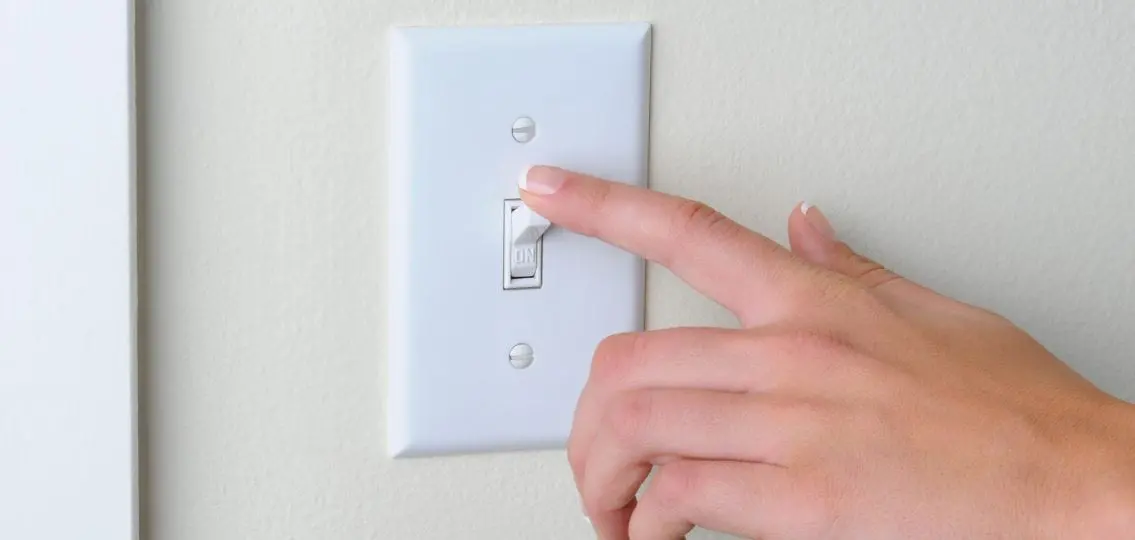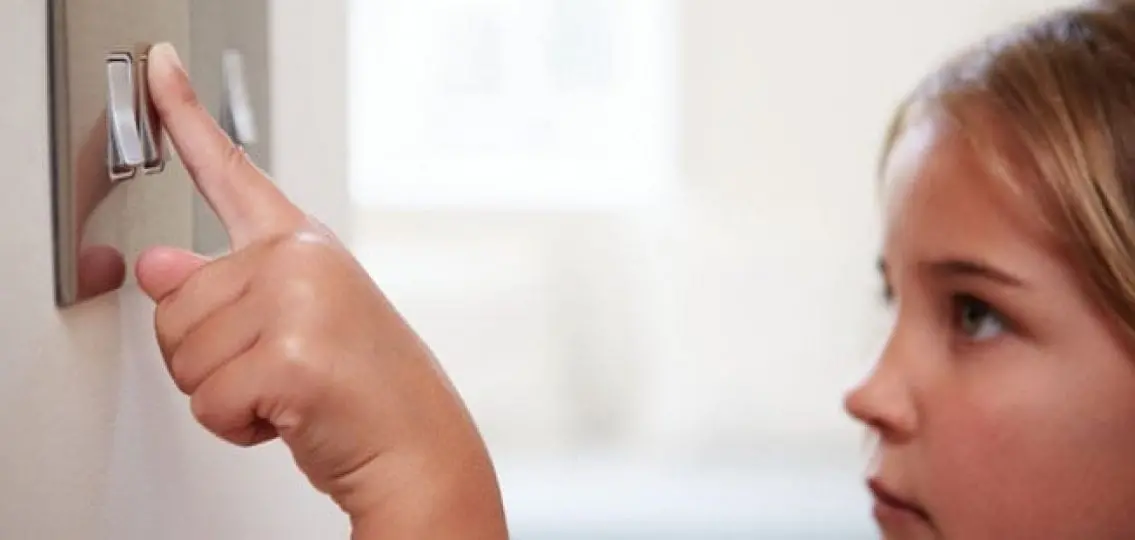It’s a simple request: “Turn off the lights when you leave a room.”
But no matter how many times you remind your teenager, your house continues to light up like a glow stick, with every switch left on. To you, it’s intuitive. To your teenager, not so much.

Meanwhile, what if it’s actually sort of your fault?
“It’s always been a safety point for children,” says Sharon Silver, parent educator and founder of Proactive Parenting. “They had night lights when they were little, and we turned off the lights for them when they were toddlers. Light brings warmth, and connection, and safety.”
That sounds about right to Isaac Cadesky. “I like to have a lot of light, especially when it’s dark out,” says the teenager. “That’s why I always forget.”
But while it’s adorable to think of your fully-grown, sometimes argumentative teenager as secretly still afraid of the dark, your electric bill makes it less so.
The Cost Of Leaving Lights On
How can we get teenagers to turn off the lights, when nagging (surprise!) doesn’t do the trick?
Since teens crave responsibility, Silver suggests setting up a family meeting to take a look at the electric bill. Chances are they’ll appreciate the respect you’re showing by sharing such a “grown up” concept with them. “You crack the door just a little bit and share with them the adult world,” says Silver.
For 19-year-old Rhode Island native Julia Soscia, turning off lights was “actually the biggest deal” to her dad, and she had to run up her driveway many times to turn them off. Does that scene sound familiar? If that’s your teen, rest easy.
“One day, he showed us our electric bill, and it was absurdly high,” she remembers. “Now, at school, I always turn the lights off when I leave our dorm room. It’s become my pet peeve.”
“Parents do their kids a disservice when they think kids won’t understand that things like electricity costs real money,” says Denise Schipani, mom of two and author of Mean Moms Rule. “They should know that money isn’t magic, that we work hard to earn it.”
Then there’s the environmental impact, especially if you live in a region that relies on coal to produce electricity.
Make Turning Out the Lights Matter
If you’re ready to make a change in your household, consider a point system: Every time the light is left on, your teenager gains a point. Once he hits five points, he loses time from his curfew or some other privilege he enjoys.
And it can work for other things too, like never closing the garage door or leaving laundry in the washing machine or forgetting dishes in the sink or … whatever habit you’d like to put a stop to.

“Be prepared for a major upheaval,” says Silver. “Their reaction tells you it made an impact, and then habits will start to change.”




